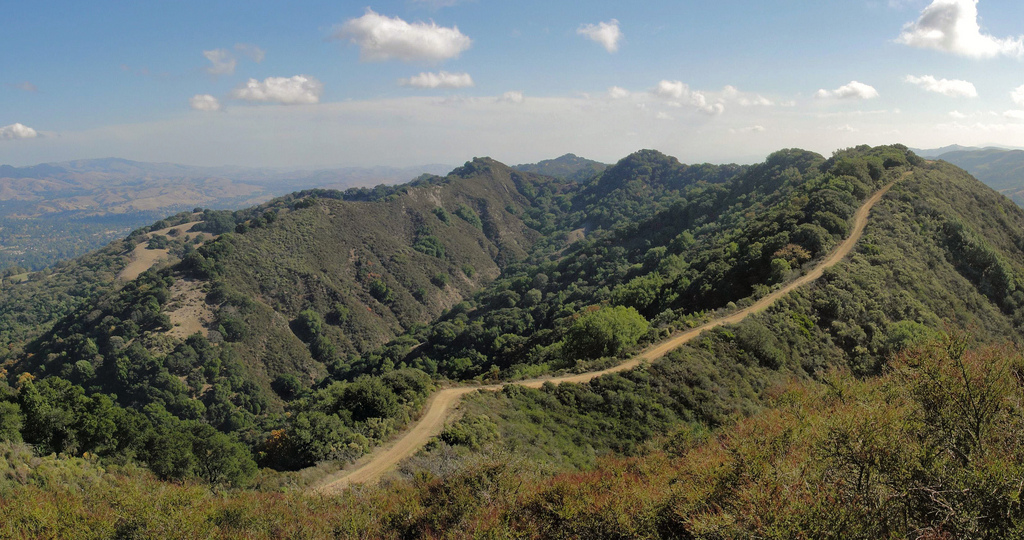Enlightenment:
Verses 19 through 25 reveal the concept of religious people, which is entirely contrary to the divine thought. The religious people were looking for a great leader such as the Messiah, Elijah, or the prophet (according to the Scriptures, Dan. 9:26; Mal. 4:5; Deut. 18:15, 18). The religious concept is that of always looking to a great one such as the Messiah or to a great prophet such as Elijah. Religious people always think in terms of a great leader who will do wonderful things and perform marvelous miracles to save and deliver them. The Jewish leaders, therefore, sent people to ask John the Baptist if he was the Messiah. John, of course, replied, “I am not.” Then they asked if he was Elijah, and again he answered, “No.” In the eighteenth chapter of Deuteronomy, Moses promised Israel that a great prophet would come. So, from that day, Israel continually looked for the coming of that prophet, and when John the Baptist came upon the scene, they asked him if he was the one. Nevertheless, John said that he was not that prophet. The same principle still exists in today’s religious situation. People everywhere expect to have a great world-famous preacher.
The contrast in this portion of the Gospel of John is very impressive. We have seen that the religionists were expecting a great leader and that they inquired of John the Baptist whether he was the Messiah, Elijah, or the prophet. When John repeatedly answered, “No,” they finally asked him, “Who are you? What do you say about yourself?” John answered, “I am a voice of one crying in the wilderness.” What is a voice? A voice is nothing. You hear it, and it is gone. You cannot touch it. John seemed to be saying, “I am nothing. I am nobody. I am just a voice. I am not the Messiah, nor Elijah, nor the prophet.”

